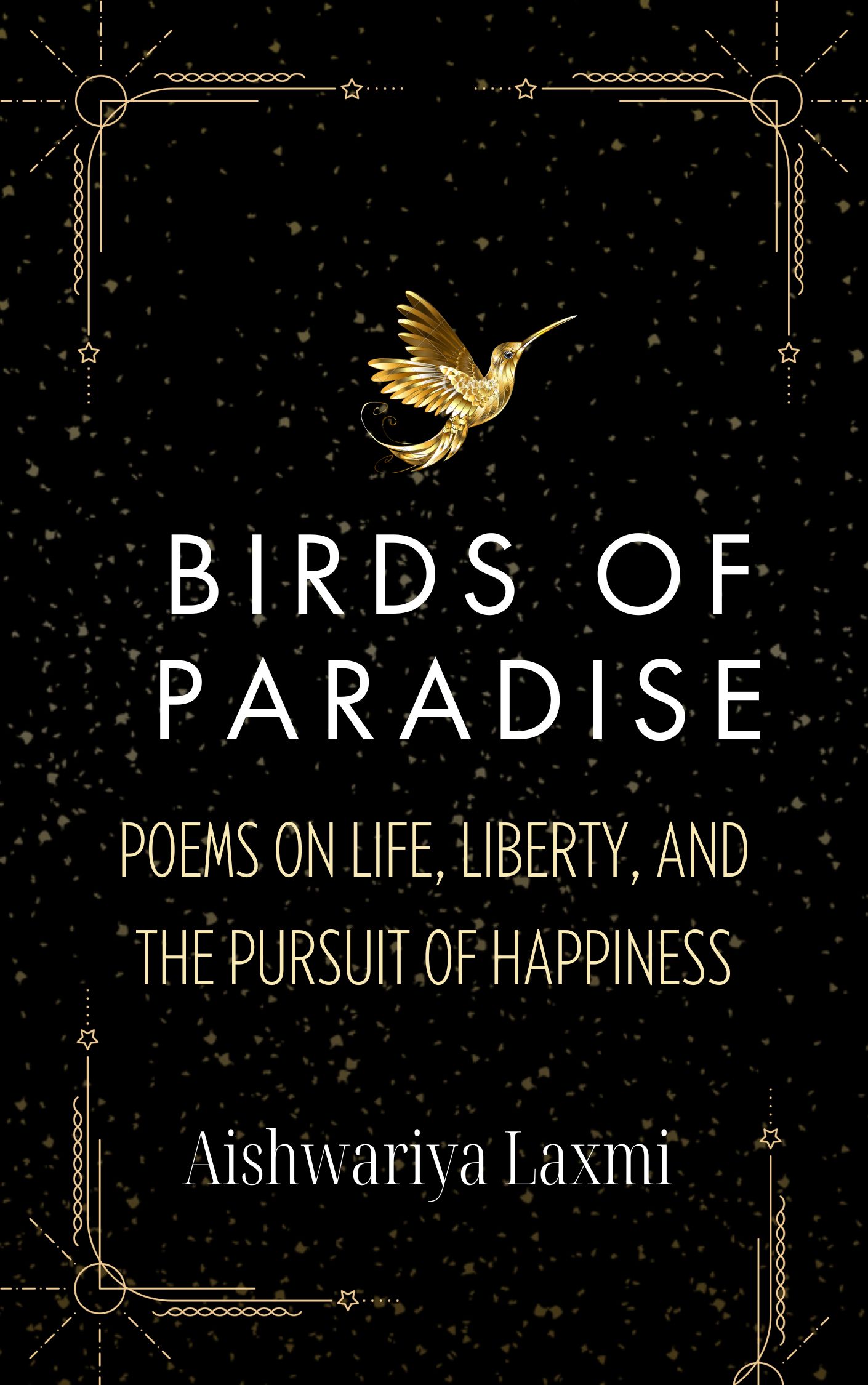
The author Tomichan Matheikal has been a teacher all his life and has authored several books. In this book, he talks about how different religions approach suffering, without trying to thrust any one particular religion over the other. He discusses how “Buddhism is very like Christianity in its views on suffering.” I particularly enjoyed the portions of his book where he talks about philosophy and philosophers, making a complex subject accessible for the lay reader. He has discussed Schopenhauer, Viktor Frankl, existentialism and the role of God in dealing with suffering, outlining “The footprints in the sand” story. The author says “We need not seek out suffering” and quotes the Serenity Prayer of Alcoholics Anonymous.
The author stresses the need to ask “How” questions rather than “Why questions” i.e instead of “Why did I fall” or “Why did this happen to me”, one must ask “how questions” like “How do I get out of this mess?.” He then discusses the role of literature in showing us the inevitability of suffering and says ” Literature makes suffering meaningful, which, in turn, makes like bearable if not beautiful.” That reminded me of Kurt Vonnegut’s famous quote “Practicing an art, no matter how well or badly, is a way to make your soul grow, for heaven’s sake. Sing in the shower. Dance to the radio. Tell stories. Write a poem to a friend, even a lousy poem. Do it as well as you possibly can. You will get an enormous reward. You will have created something.”
The author discusses characters from literature such as Raskolnikov in Dostoevsky’s Crime and Punishment and concludes that “the ultimate answer lies in the heart, according to Dostoevsky. He then discusses Camus’s views on intellectual honesty. He says the world has moved ahead from Camus, too, and we now live in a “post-truth world.” He introduces the concept of the banality of evil as showcased in Milan Kundera’s work.
In his conclusion, the author points out the difference between being religious and being spiritual. He says “Suffering can never vanish from our life. We learn to cope with it. We learn to see it from a different perspective. It is the perspective of the heart. It is the with the heart we can see certain essential truths clearly.” “The answers to quite a lot of our problems lie in our own hearts. And we keep seeking them in a lot of other places…” I found this book soothing.
If you enjoyed reading this post, do click ‘Like’. Subscribe to my blog for more posts on books, editing, writing and more. And sharing is caring. So do share this post on your social media.











